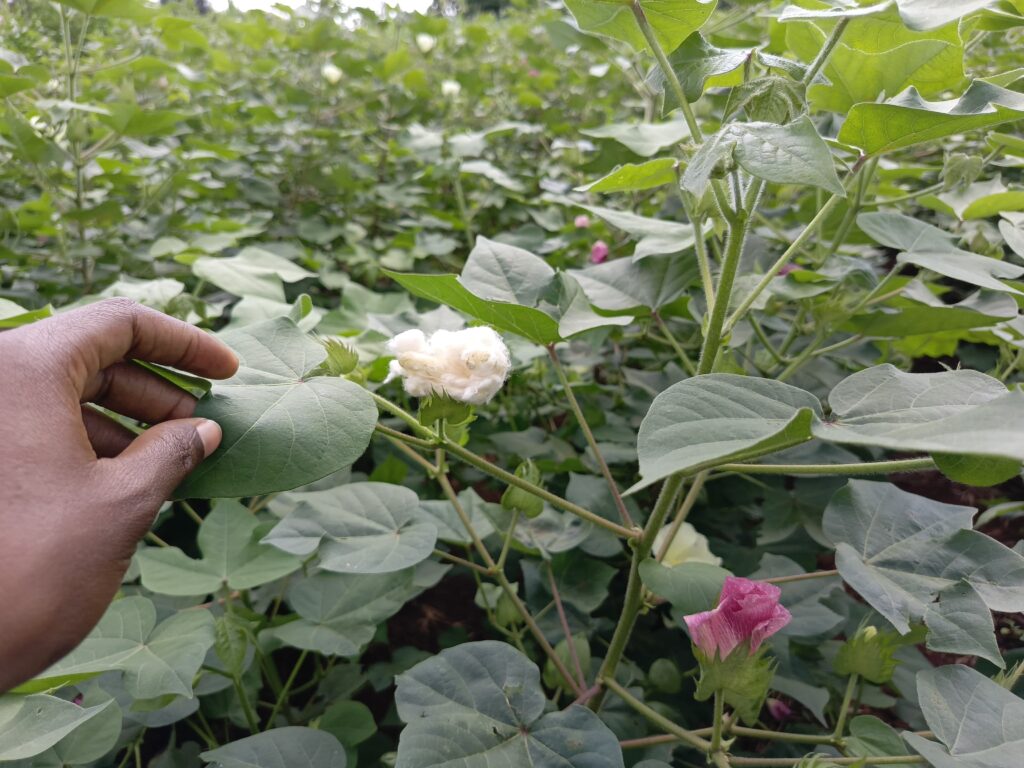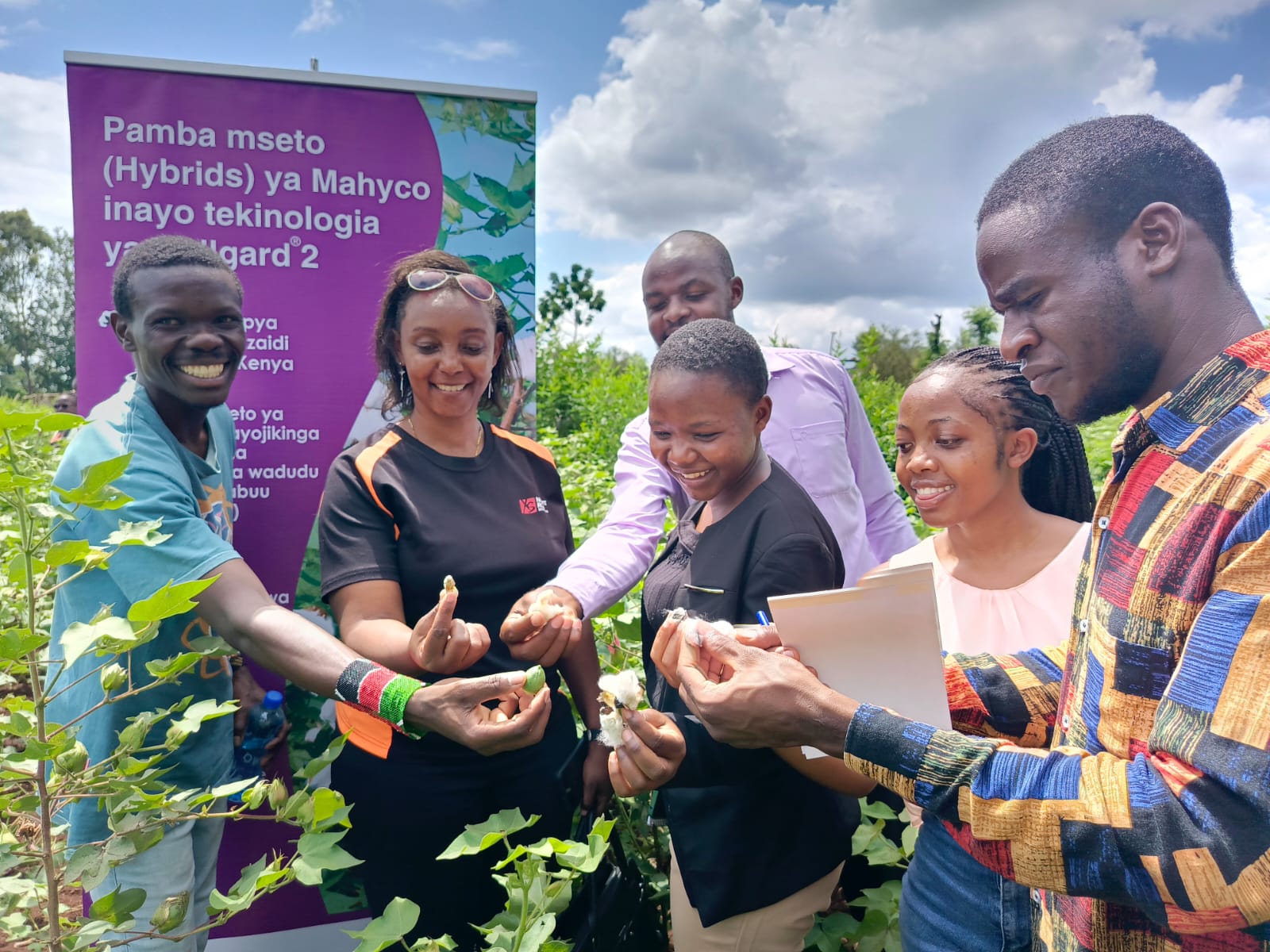BY RITA MUTHONI
The introduction of genetically modified crops in Kenya has long faced significant opposition from anti-GMO groups and sections of the public concerned about potential health risks and environmental impacts.
However, biotechnology experts argue that GMO crops have undergone rigorous assessments and have been found safe for consumption and environmentally friendly.
The experts highlight that genetically modified crops, engineered to be more resistant to pests and diseases, can significantly increase agricultural productivity and reduce reliance on chemical pesticides.
This, in turn, could lead to more sustainable farming practices and improved livelihoods for farmers.
In a strategic move to bolster public acceptance of genetically modified organisms (GMOs), experts are increasingly relying on young researchers to champion the benefits of GMO crops.
The National Biosafety Authority, in conjunction with ISAAA Africenter and the Open Forum on Agricultural Biotechnology in Africa (OFAB), recently organized a three-day youth sensitization workshop at Embu University ahead of the International Day for Biological Diversity 2024.
The workshop hosted students from eleven universities across Kenya specializing in biotechnology, agriculture, and breeding to create awareness about their role in policy advocacy and biotechnology debates.
The participating institutions were Jomo Kenyatta University of Agriculture and Technology, Masinde Muliro University, and Embu University among others.
During the workshop, students engaged in interactive sessions on the science behind GMOs, the regulatory frameworks governing their use, and effective communication strategies to counter misinformation.
The students later participated in field visits. They traveled to Kimbimbi in Kirinyaga County, where they interacted with BT cotton farmers.
They heard firsthand accounts from farmers about changes in yields and produce quality since adopting BT cotton.

National Biosafety Authority Chief Executive Officer Dr. Roy Mugiira emphasized the importance of involving young researchers in advocacy efforts.
He noted that the involvement of young researchers in biotechnological debates will aid in achieving a more informed public discourse on biotechnology in agriculture.
He cited that young researchers bring in innovative ideas and fresh perspectives which can help bridge the knowledge gap between researchers and the public.
“We have brought in students, including those pursuing PhD and Master’s programs in Biotechnology and Agriculture, to see practical applications of their theoretical knowledge, giving them a solid basis to support GMO crops in debates,” he said.
“As these young advocates continue to share their knowledge and experiences, there is hope of acceptance and utilization of GMO crops in Kenya, ” he said.
Shirley Odak, a Master’s candidate at Jomo Kenyatta University of Agriculture and Technology, observed that GMOs could help reduce production costs incurred by farmers and increase profitability.
“I support the technology used in GMOs which reduces the need for pesticides and fertilizers, leading to lower production costs for farmers,” Odak explained.
“I would urge farmers to embrace these GMOs as they are environmentally friendly,” said Bruno Oduor, a student at Masinde Muliro University.
Send us your story via
news@arisemediagroup.co.ke or WhatsApp 0750456085
Book Advert-use above contacts
 770
770


